
Let’s Stop Meeting Like This
Tools to Save Time and Get More Done
Recommendation
People usually dislike meetings. Often, meetings only waste time and build frustration. Yet organizations need their people to confer or need to hold meetings to unite a team or fulfill a specific goal. Employee-involvement specialists Dick and Emily Axelrod offer worthwhile strategies and methods to make your meetings more effective. Most of their ideas are pretty sensible; for example, involving all the participants in the advance design of a meeting. A few seem silly, if well-intentioned, like having competing groups build towers with raw spaghetti, marshmallows and duct tape. Overall, the Axelrods provide pithy quotations and useful, hands-on information – warmly infused with a sense that they actually care how your meetings work out. They cover planning, designing, facilitating and leading group sessions. The book’s art direction helps with a clean layout and lively, silhouette illustrations. getAbstract recommends the Axelrod approach to managers, executives, start-ups and anyone responsible for organizing meetings.
Summary
About the Authors
Dick Axelrod and Emily Axelrod are co-founders of the Axelrod Group, a consulting firm specializing in employee involvement.








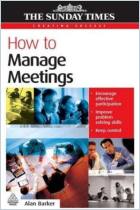
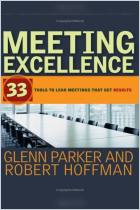
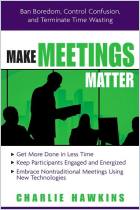
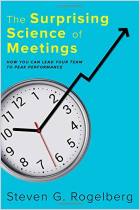
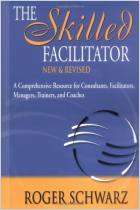
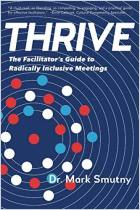





Comment on this summary or Diskussion beginnen